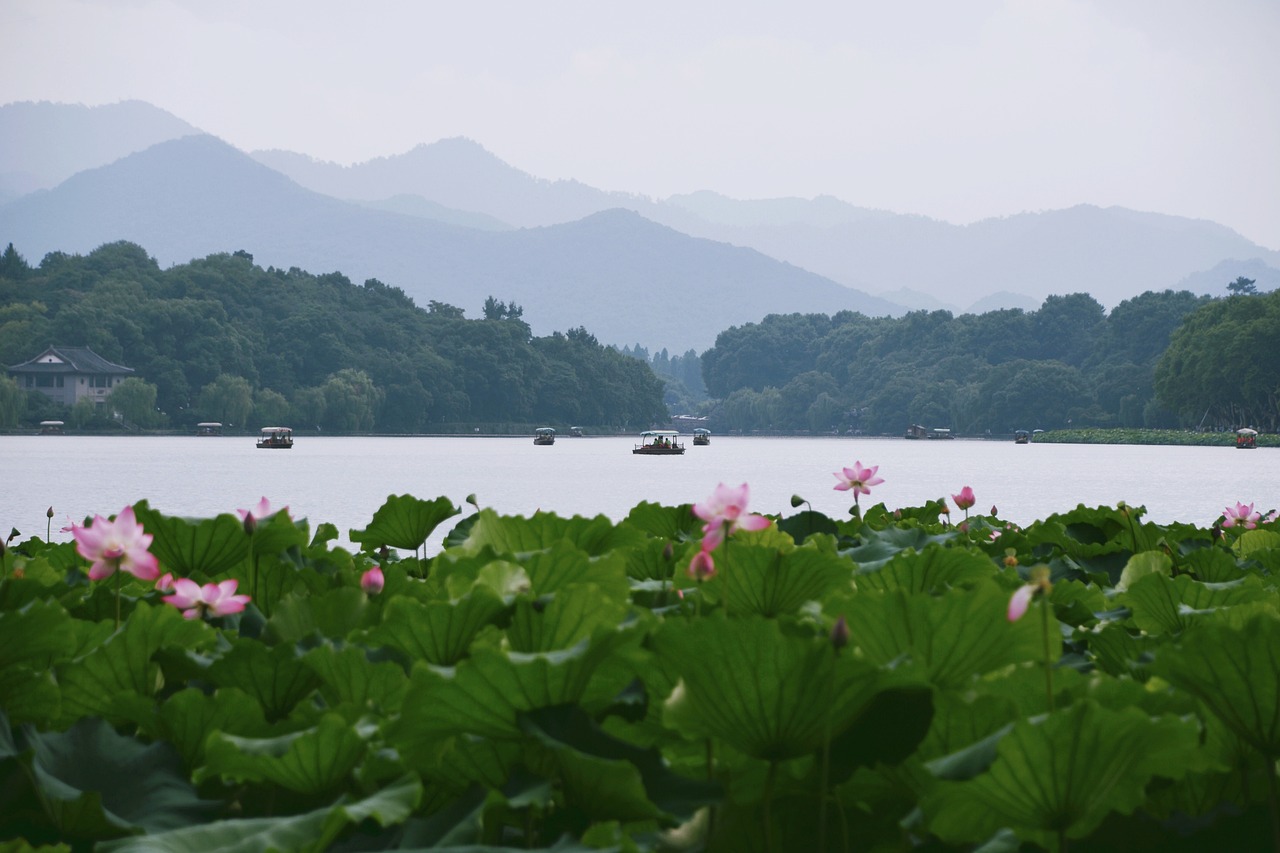West Lake of hanzhou

Hangzhou, the capital of Zhejiang Province in eastern China, is a city renowned for its rich cultural heritage, breathtaking landscapes, and historical significance. Known as one of China’s seven ancient capitals, Hangzhou has been a pivotal center of Chinese culture, politics, and economy for over a thousand years.
Historical Significance
Hangzhou's history dates back more than 2,200 years, flourishing particularly during the Tang and Song dynasties. During the Southern Song Dynasty (1127-1279), Hangzhou served as the imperial capital, making it a major hub for political, economic, and cultural development. The city was known as "Lin'an" during this period and became one of the largest and most prosperous cities in the world. The Grand Canal, a marvel of ancient engineering, connects Hangzhou to Beijing and played a crucial role in the city’s growth by facilitating trade and communication.
Cultural Heritage
Hangzhou is often celebrated as a center of culture and the arts. The city is famous for its contributions to Chinese literature, poetry, and painting. Many renowned poets, including Su Dongpo and Bai Juyi, have written extensively about Hangzhou's beauty, particularly West Lake. This deep connection to literature and the arts is still evident in the city's vibrant cultural scene today, with numerous museums, galleries, and cultural festivals held throughout the year.
One of Hangzhou's most significant cultural treasures is the Lingyin Temple, one of the largest and wealthiest Buddhist temples in China. Founded in 326 AD, it has been a spiritual center for centuries, drawing pilgrims and tourists alike. The Pagoda of Six Harmonies (Liuhe Pagoda), another iconic structure, symbolizes the city’s long-standing relationship with Buddhism and its architectural prowess.
Economic Prosperity
Modern-day Hangzhou is a bustling metropolis that balances its historical legacy with cutting-edge innovation. The city is a key economic center in China, particularly known for its thriving tech industry. Hangzhou is home to Alibaba, one of the world's largest e-commerce companies, which has transformed the city into a leading center for technology and entrepreneurship. This blend of ancient culture and modern innovation makes Hangzhou unique, attracting businesses and talent from around the globe.
Natural Beauty
Hangzhou’s natural scenery is as celebrated as its cultural heritage. West Lake, the most famous landmark in Hangzhou, has inspired poets, artists, and emperors for centuries. Its picturesque landscapes are considered a quintessential example of classical Chinese garden design. The lake, surrounded by lush hills, ancient temples, and traditional pagodas, has been designated a UNESCO World Heritage site and remains a symbol of the harmonious coexistence between humans and nature.
Beyond West Lake, Hangzhou offers a variety of natural attractions, including the Xixi National Wetland Park, a rare urban wetland that showcases the city’s commitment to environmental preservation, and the Thousand Island Lake, known for its crystal-clear waters and stunning scenery.
0 Comments
LEAVE A REPLY